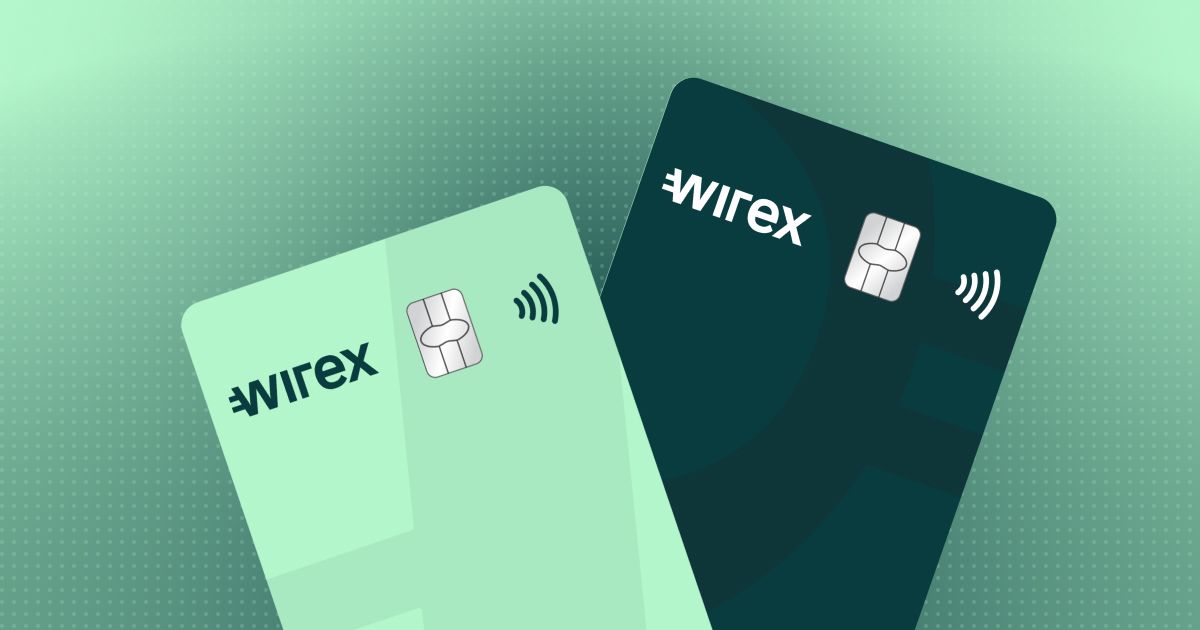News
Wirex to launch ZK-proofs for noncustodial crypto debit card
Wirex announced the launch of a zero-knowledge proof based noncustodial crypto debit card service called W-Pay.
-

 Business2 days ago
Business2 days agoCircle stock jumps 167% on NYSE debut
-

 Business1 week ago
Business1 week agoOpenSea expands beyond NFTs with OS2 public rollout
-

 Business1 week ago
Business1 week agoTelegram raises $1.7 billion in convertible bond offering
-

 Business2 days ago
Business2 days agoJapan’s ‘Strategy,’ Metaplanet, to buy 91K Bitcoin in next 18 months
-

 Business6 days ago
Business6 days agoSingapore orders local crypto firms to cease overseas activity by June 30
-

 Business5 days ago
Business5 days agoSEC faces criticism over crypto staking shift
-

 Business6 days ago
Business6 days agoMeta won’t buy Bitcoin as shareholders knock back treasury idea
-

 Business6 days ago
Business6 days agoBinance co-founder CZ proposes dark pool DEXs to tackle manipulation


























